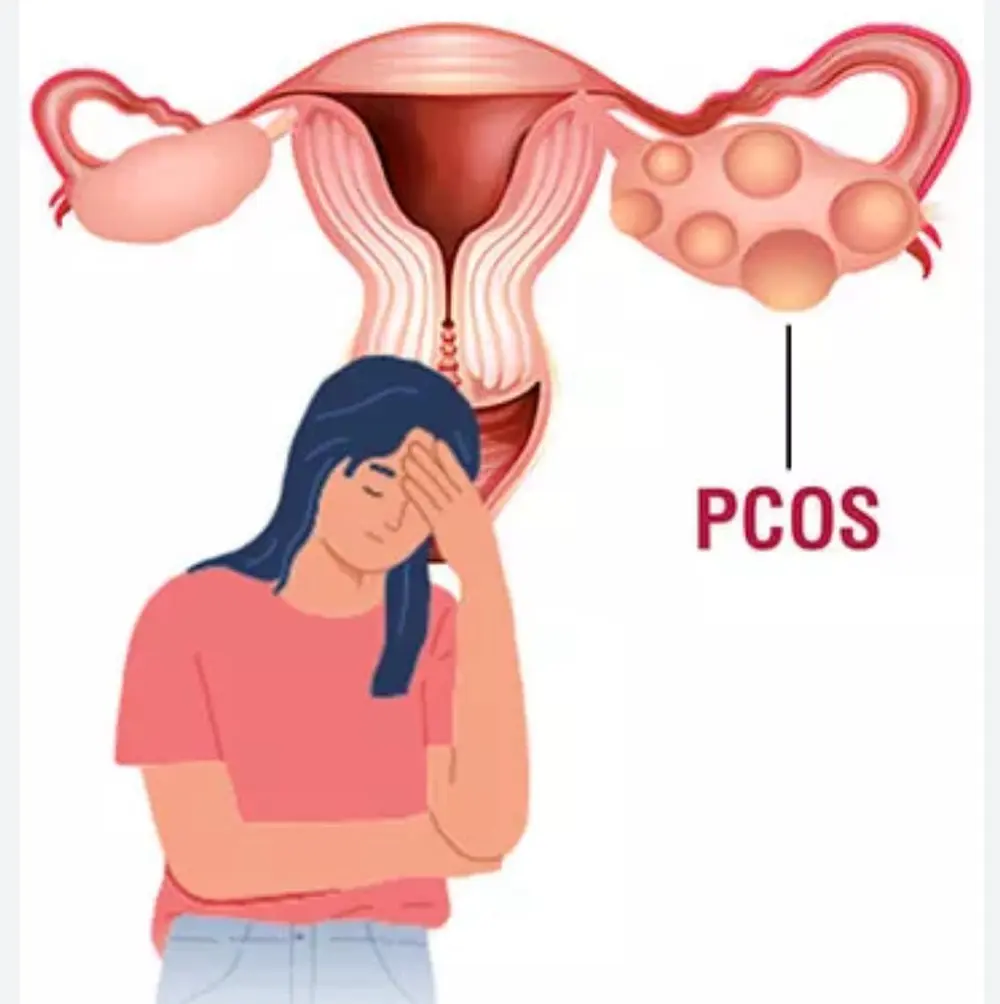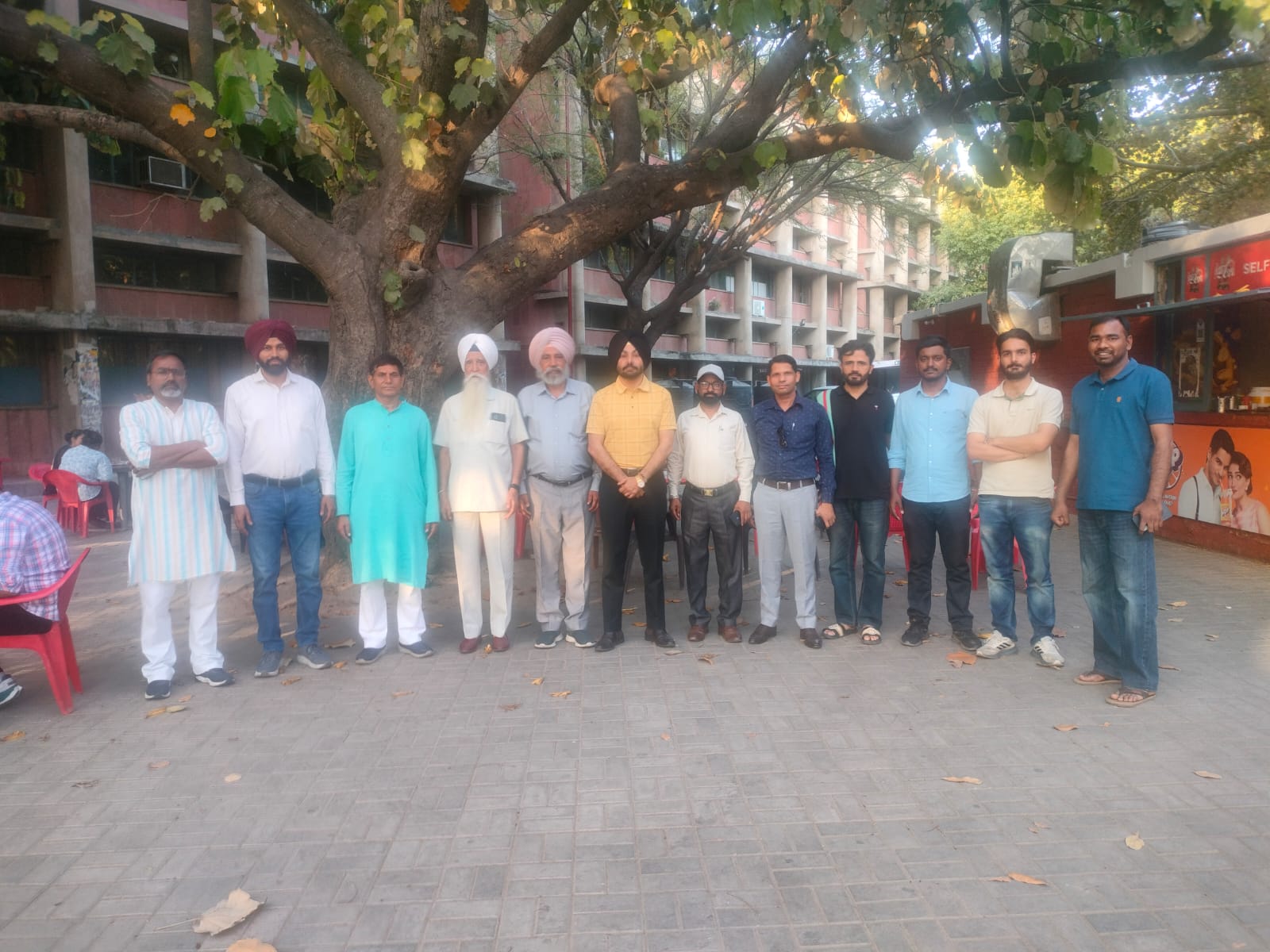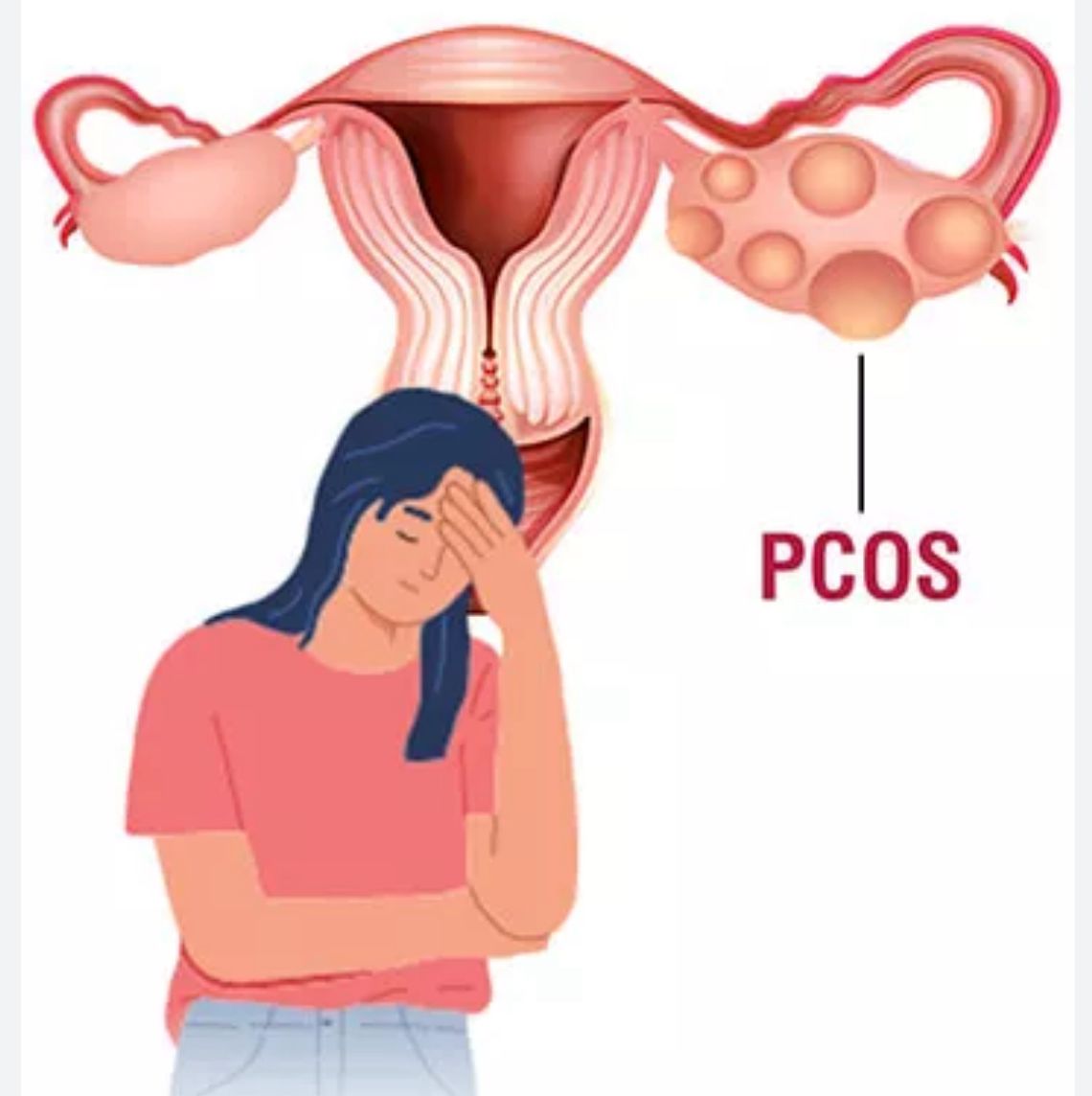
PCOD: A Serious Gynecological Disorder
Polycystic Ovary Syndrome (PCOD) is a common yet serious gynecological disorder rapidly spreading among women today. This condition primarily affects women of reproductive age, i.e., 15–45 years. In this disorder, a woman’s ovaries enlarge abnormally and develop small cysts. This issue arises due to hormonal imbalances.
Mohali, August 20-
Introduction:
Polycystic Ovary Syndrome (PCOD) is a common yet serious gynecological disorder rapidly spreading among women today. This condition primarily affects women of reproductive age, i.e., 15–45 years. In this disorder, a woman’s ovaries enlarge abnormally and develop small cysts. This issue arises due to hormonal imbalances.
Causes:
Although the exact causes of PCOD are not fully clear, some major contributing factors include:
Hormonal Imbalance: An increase in male hormones (androgens) in the body.
Excess Male Hormones: Higher levels of male hormones in women.
Genetics: A family history of the condition.
Unhealthy Lifestyle: Consumption of junk food, lack of sleep, stress, and inadequate physical activity.
Insulin Resistance: Reduced ability of the body to regulate blood sugar levels.
Symptoms:-
The symptoms of PCOD include:
Irregular or absent menstrual cycles.
Unwanted facial hair growth.
Rapid weight gain.
Acne and oily skin on the face.
Hair loss or baldness.
Difficulty in conceiving.
Health Impacts of PCOD:-
If not treated in time, PCOD can lead to serious health issues:
Diabetes
Heart disease and high blood pressure
Mental stress
Treatment:-
There is no permanent cure for PCOD, but it can be managed through lifestyle improvements:
Balanced Diet: Avoid junk food and consume green vegetables and fruits.
Regular Exercise: Practice yoga, pranayama, and engage in at least 30 minutes of daily physical activity.
Weight Control: Obesity worsens this condition, so maintain a healthy weight.
Stress Reduction: Practice meditation and pranayama, and ensure adequate sleep.
Medical Advice: Consult a qualified doctor if necessary.
PCOD is a challenge, but with proper diet and lifestyle, it can be controlled to a great extent. Timely treatment and awareness can help women lead a healthy life.














